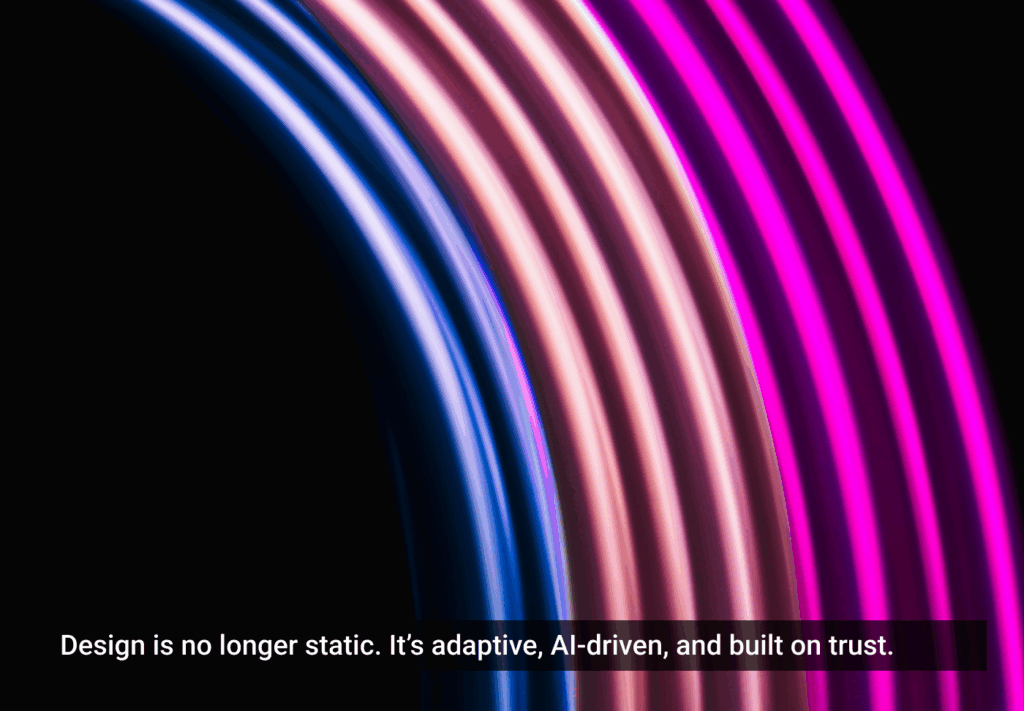Well-known researcher, professor, and author Richard Florida joins Robb and Josh for an expansive conversation about the relationship between cities and innovation. His books include “The Rise of the Creative Class” and “The New Urban Decay,” which explore the multi-layered relationships between people and the cities where creativity becomes innovation. Richard’s strategy firm Creative Class Group has worked with Meta, Microsoft, WeWork, BMW, Cirque do Soliel, and Google, and he’s a sought-after speaker.
This episode of Invisible Machines explores the surprising connections between different cities around the world and why location matters when it comes to forging creativity into innovation. The discussion also includes thoughts on how organizational AGI might create knowledge-sharing relationships between cities in the not-to-distant future.
Check out the episode here.








